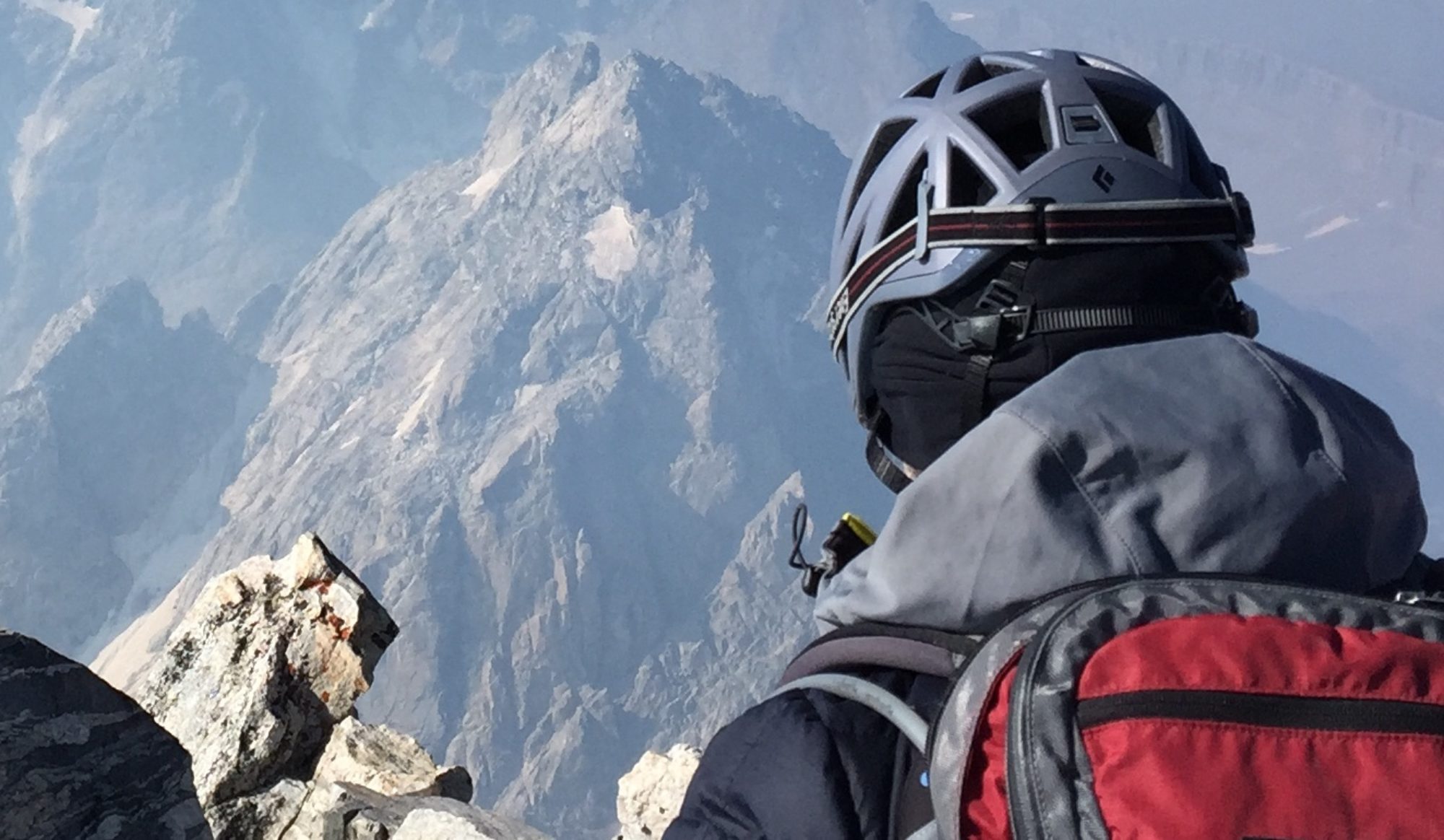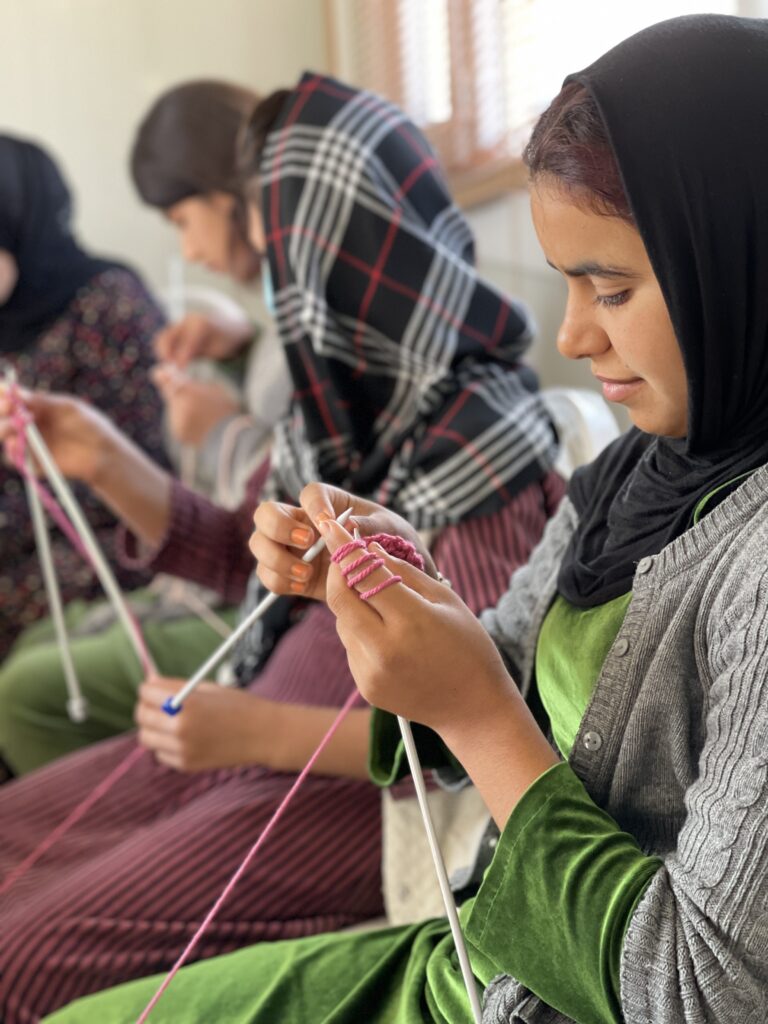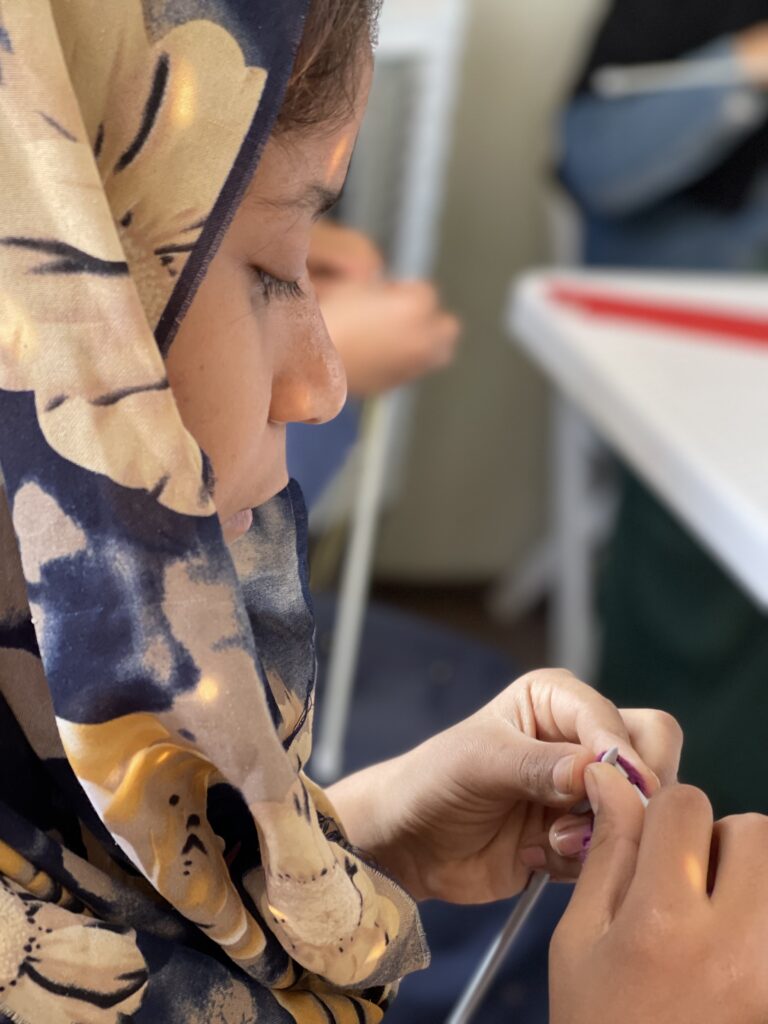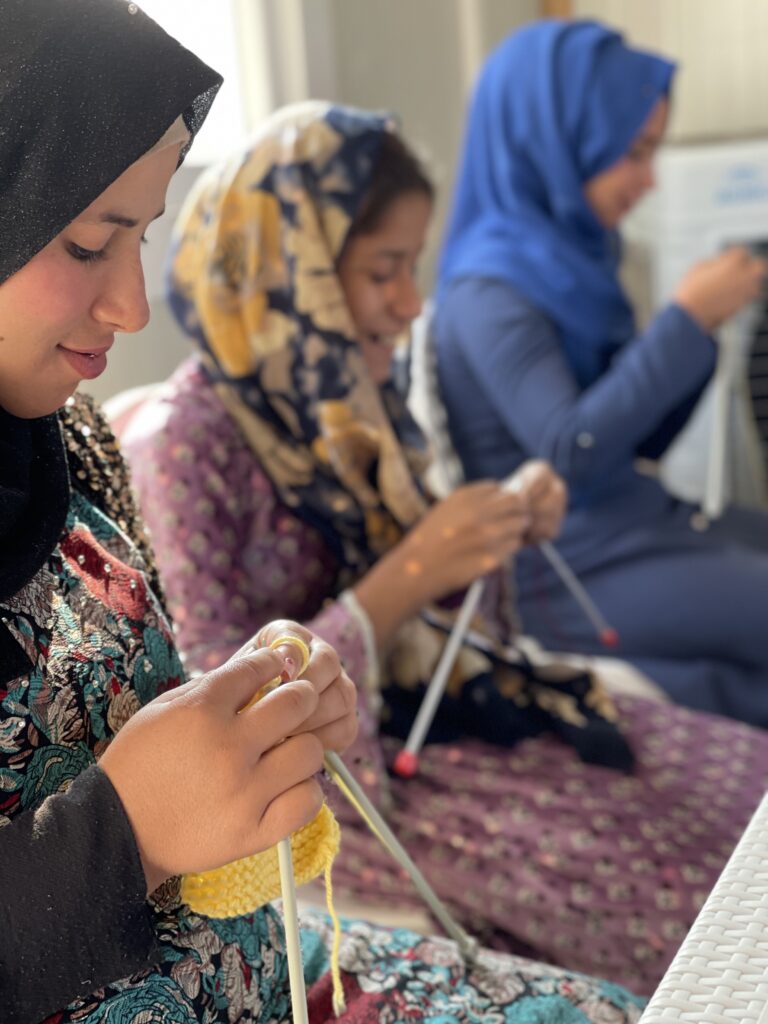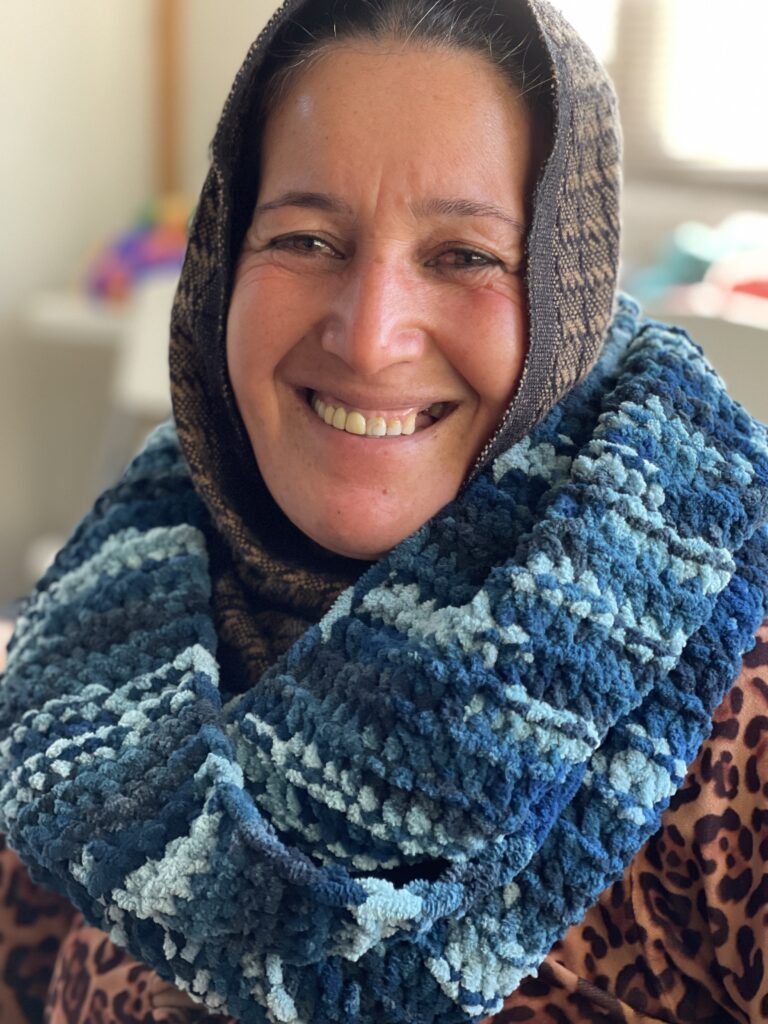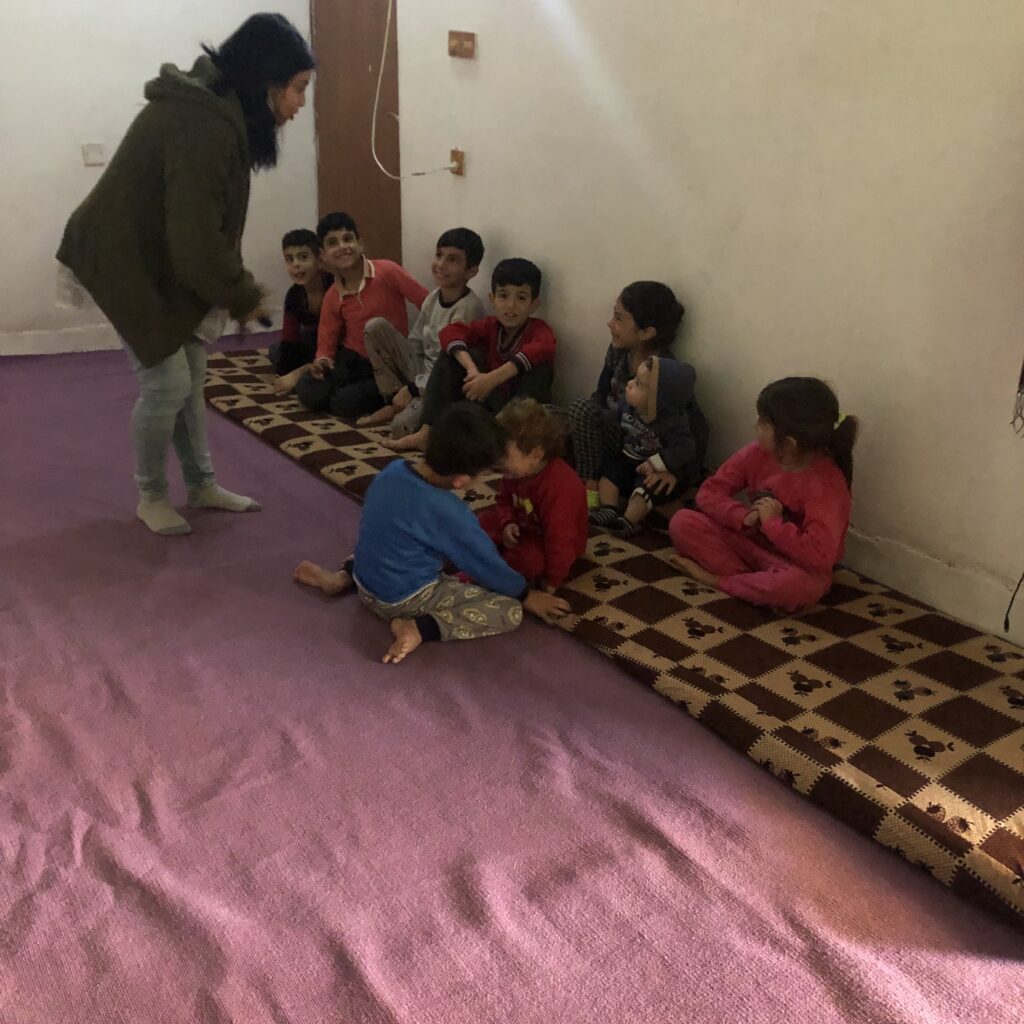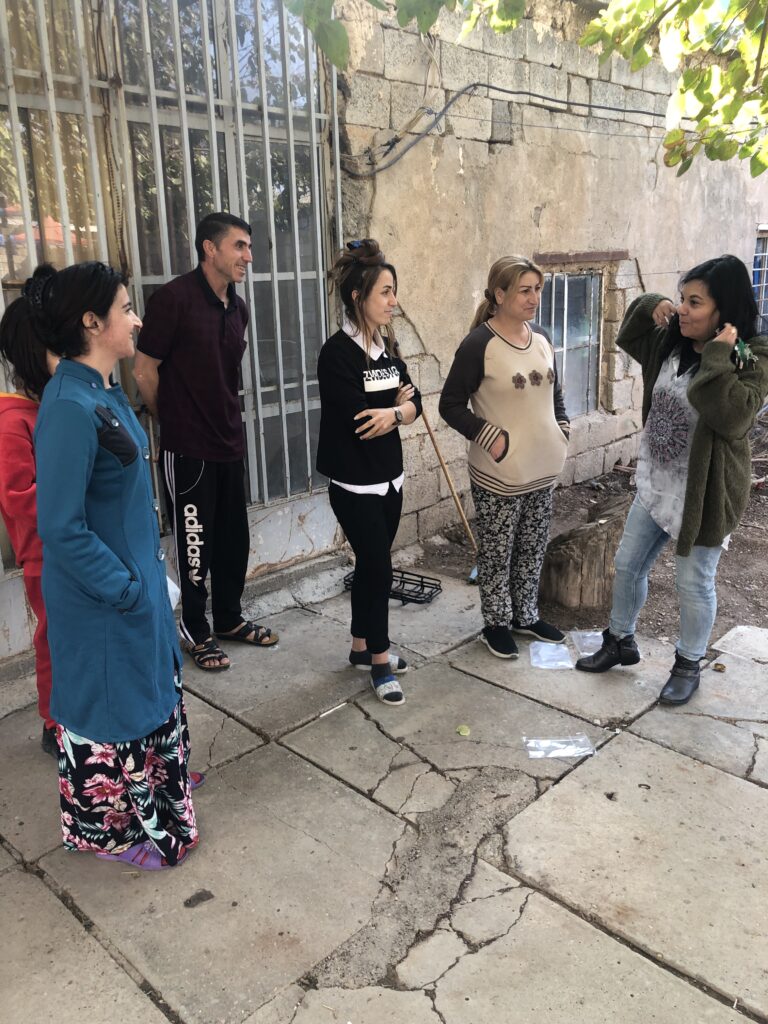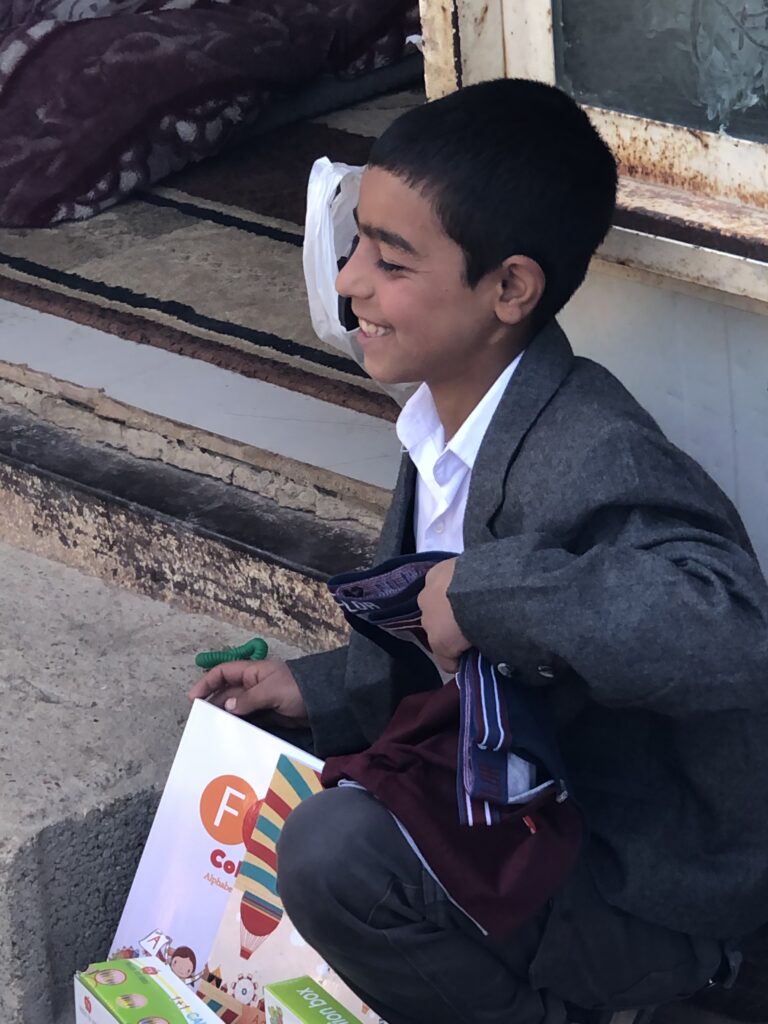Recently my brother and I took a trip to Kurdistan. Technically, it was not a missions trip, but rather, my vacation time as a Christmas gift from Deb–an incredible gift, to say the least. I hope you enjoy reading my report below.
Introduction:
Over Thanksgiving and returning home on the second of December, 2021, I traveled to Istanbul where I joined my brother, Bob for a cup of coffee (so cool) and then flew on to Sulaymaniyah, Kurdistan. My interest in Kurdistan had its genesis in June and July of 2016. At that time Deb and I met a person from Kurdistan who desired friendship and discipleship in the things of God. This friendship and discipleship continued, on and off, through February of 2020. This man was a unique person, an inquisitive disciple, and a very frustrating friend. He ended up walking away from the Lord in a devastating fashion. While we discipled our friend, he told us many fascinating things about his homeland, Kurdistan, and his people, the Kurds. Among other things, Kurdistan is a Muslim semi-autonomous area surrounded by Muslim countries and yet, is pro-western and also seeks at least some ties with the nation of Israel. This piqued my interest.
While discipling my friend, there were unexplained emotional outbursts of anger and other seemingly strange mannerisms, which prompted me to confer with my brother, Bob, who travels and ministers to various cultures and has gained valuable insights. Bob helped me navigate some of the cultural landmines that were hindering the discipleship process. While Bob and I worked through some of these things together, we both began to take an interest in the Kurdish people. As time went on, Bob obtained an opportunity to minister to a Kurdish Bible Institute in Sulaymaniyah, Kurdistan. When I heard of his plans, I asked to accompany him, so I found myself in Kurdistan in November of 2021.
As you may percieve, this friendship with my Kurdish disciple, resulting in this Kurdish adventure, marks one of the more frustrating, fascinating, intriguing, and edifying times of my life—I still spontaneously pray for him daily. I can’t say much more about my friend, but let me tell you a little about the Kurds and Kurdistan.
A little about the Kurds and Kurdistan:
The Kurdish population is estimated from between 25 and 45 million, not including the Kurdish diaspora. The main Kurdish areas are in Iraq, Iran, Turkey, and Syria. There are so many things that could be said about the history of the Kurds, but one might summarize their history as being one of pain. Being without their own nation, they have been in a constant state of ‘near war’ within their countries of residence. The Kurdish people are fond of saying that their only friends are the mountains to which they flee in times of war. My personal observation, which my Kurdish friends agreed, is that the Kurds of Kurdistan are a people of trauma.
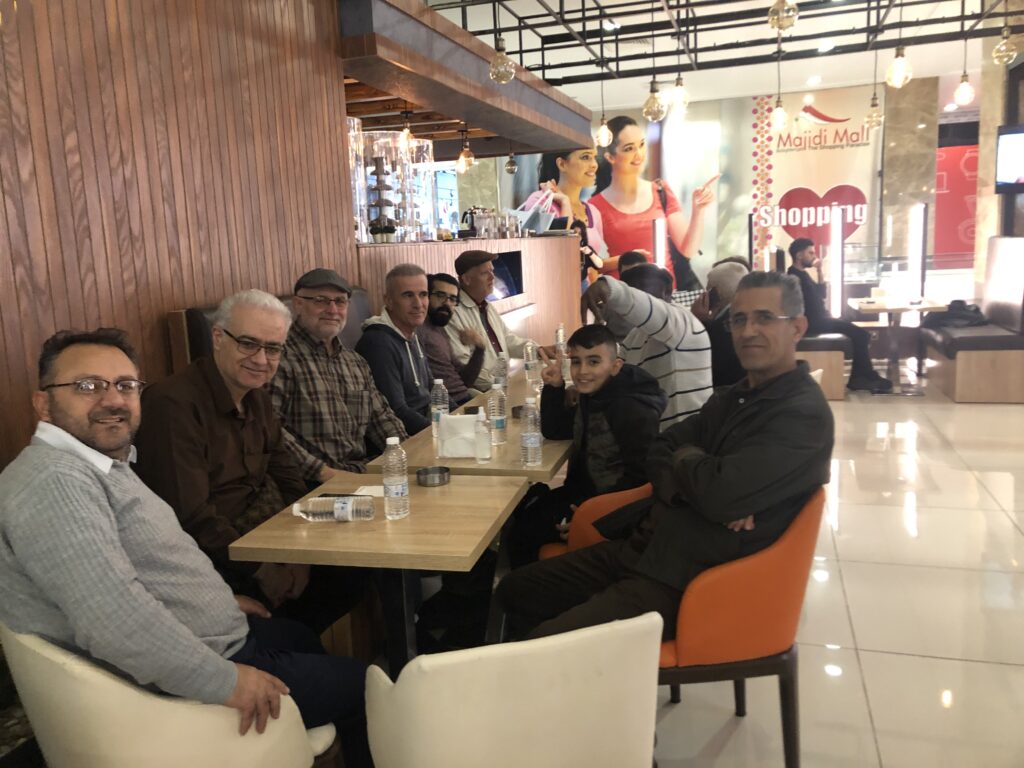
The Peshmerga
While in Kurdistan I was constantly reminded of the regional tensions by the ubiquitous presence of Peshmerga—Kurdish military personal. Peshmerga may be translated by the word sacrifice and symbolizes the solders’ willingness to sacrifice their lives for the Kurdish people. Indeed, the Kurds are known to be fierce warriors. Our host in Kurdistan repeatedly assured me that I need not fear Isis, because the Peshmerga would protect us.
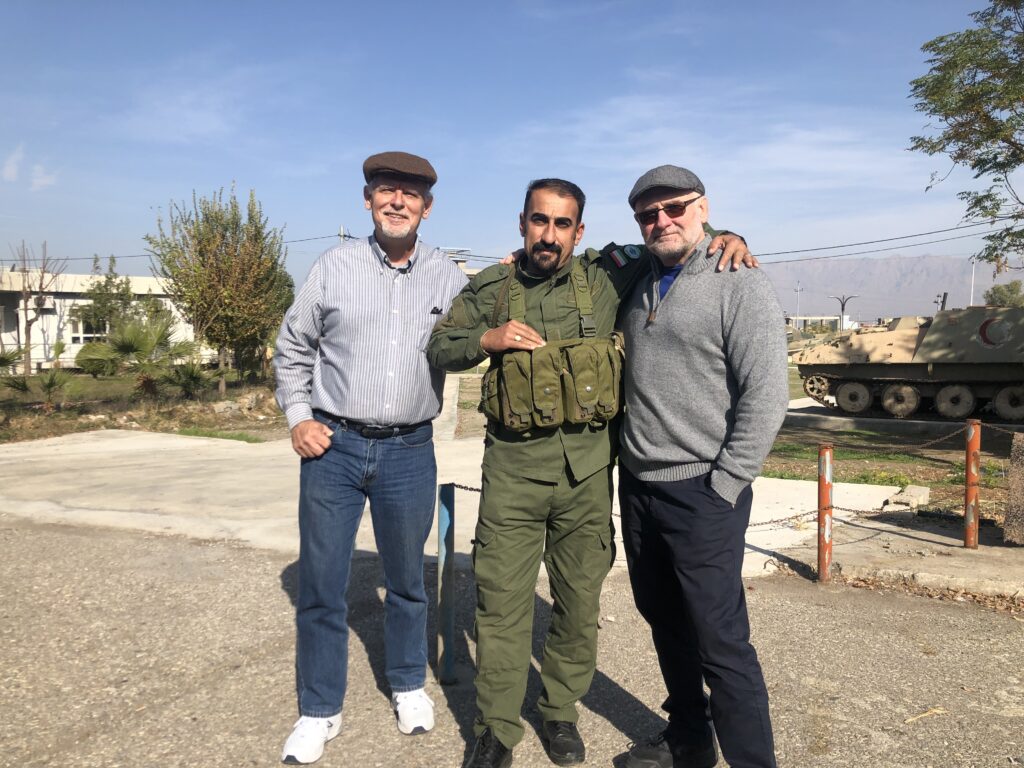
The Red Prison
We had the dubious honor of visiting the Red Prison, which was a prison maintained by Saddam Hussein for the purpose of torturing and murdering those who opposed him. I’m not inclined to talk about all that we saw. Suffice to say that it is horrifying to view the levels to which regimes will go to gain power.
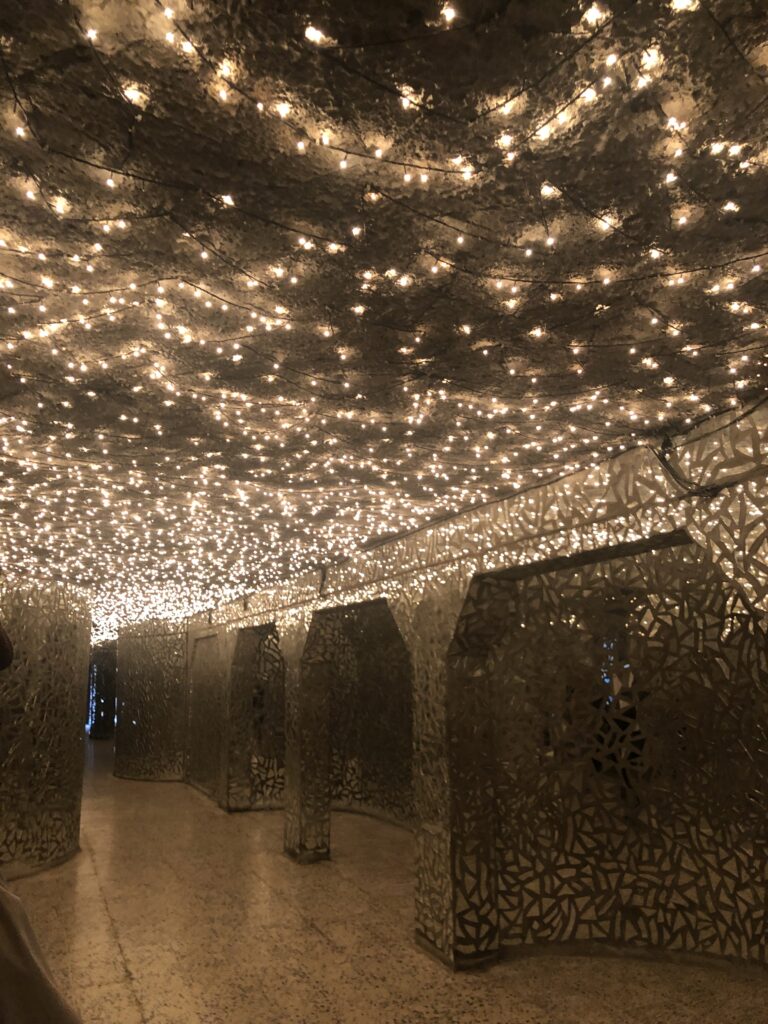
Anfal (the late 80”)
Part of what was documented at the Red Prison was the Anfal campaign, which Saddam Hussein waged against the Kurds of Kurdistan. It is estimated that around 90% of the Kurdish villages were emptied and destroyed because of the Anfal campaign. Men and boys of military age were routinely slaughtered, as were many mothers and daughters. As many as 185,000 people perished.
Halabja (the first gassing)
One of the first heinous acts of Anfal campaign was the gassing of Halabja. After bombing the city to drive people underground, Chemical Ali, Saddam’s brother, dropped mustard gas on Halabja, killing as many as 5,000 and wounding as many as 10,000. We were given a tour of the Halabja Monument by a man who himself was injured during the attack and who lost five members of his family to the mustard gas.
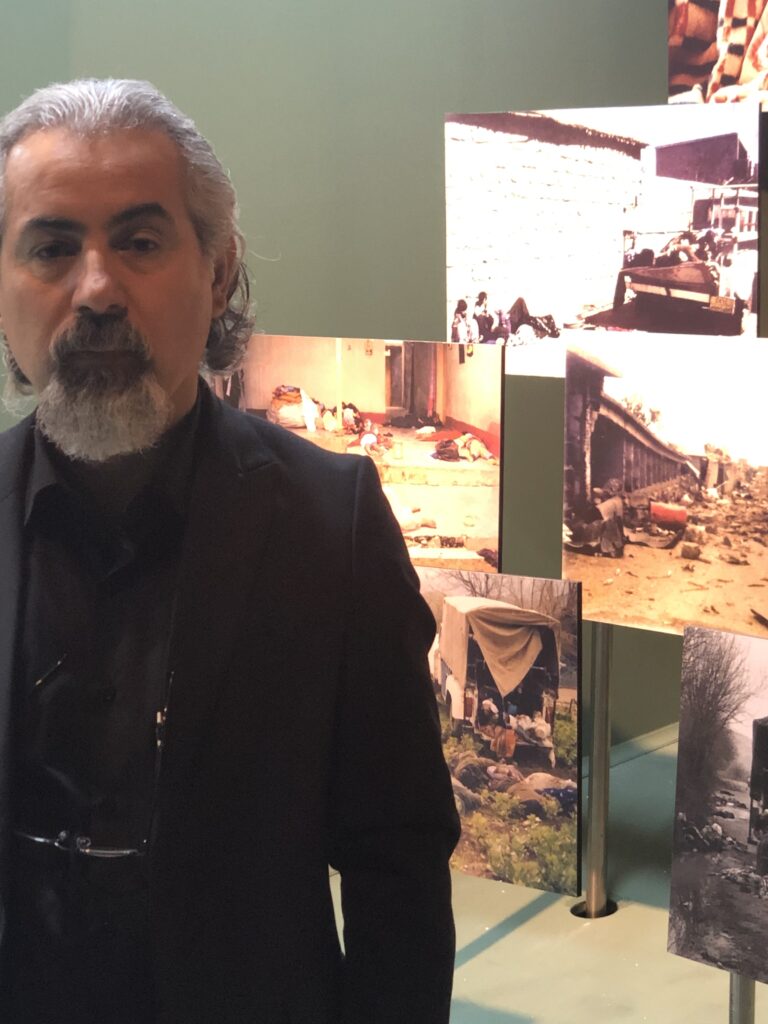
Isis
The Red Prison also documented the reign of terror which Isis brought to the Kurdish region, slaughtering many with whom they encountered and imposing strict Sharia Law on the rest. However, the Peshmerga were some of the most effective fighters against the Islamic State. Still, mass graves have been found of those slain by the terrorists.
We have only covered a little of the recent history of Kurdistan, but what has happened recently is only the latest addition of the hard life lived by the Kurds throughout history. Truly a traumatized people who continue to live in the arena of trauma.
Although it was the United States who saved the Kurds from Saddam Hussein, sadly, the Kurdish people have also been betrayed by the United States on more than one occasion. For instance, while Halabja was being gassed by Saddam Hussein and his brother Ali, the United States was sending aid to Saddam’s war efforts, since Iraq was at war with Iran. More recently, we abandoned the Kurds of Syria, allowing superior Turkish forces to attack them. Truly, the Word of God supplies valuable insight when it reminds us that the present world lies in the hand (power) on the evil one.
The Missionaries
I’m not sure they would like me to reveal their names, but in Kurdistan my brother and I were hosted by Christian missionaries from Sierra Leon and Chile. They were the Christian form of the Peshmerga, giving their life as a sacrifice to care for a traumatized and lost people. We stayed with them for the two weeks we were in Kurdistan, two weeks which included an ample amount of sickness. They, along with their young son, were such a blessing. They inspire me to do more.
The Bible Institute
This missionary couple has begun a church plant and have started what I understand to be the first Bible Institute among the Kurds. My brother came to Kurdistan for the purpose of teaching a course called Pastoral Graces in the Bible Institute. Because of illness I was privileged to fill in for him for one three-hour session—so thankful to God. The first hour I outlined the biblical framework for caring. Those of you who know me know I started in Genesis 1, explaining that we are made in the image of God who cares for us, so we care for others. From Genesis, I gave a quick tour of the Bible, highlighting the centrality of caring for others as a central concept of Revelation. The second hour was devoted to learning of the trauma experienced by my Kurdish friends. Actually, the second hour began the first hour when several Kurds spontaneously started sharing their traumatic experiences. In the third hour it was my immense privilege and intense pleasure to share three principles which help the traumatized deal with trauma; 1) While all things are not good, God will use all things for good for the one who loves God 2) According 2 Corinthians 1, we can use the comfort with which God has comforted us to comfort others 3) As we see in Revelations 22, we have a sure hope for the future of all nations—there will be leaves for the healing of the nations. One Kurdish friend summed it up by saying, “There is hope.” I was told that my small contribution was helpful to the Kurdish believers. However, I am convinced the joy of teaching these stout believers was far more meaningful and edifying to me than to them.
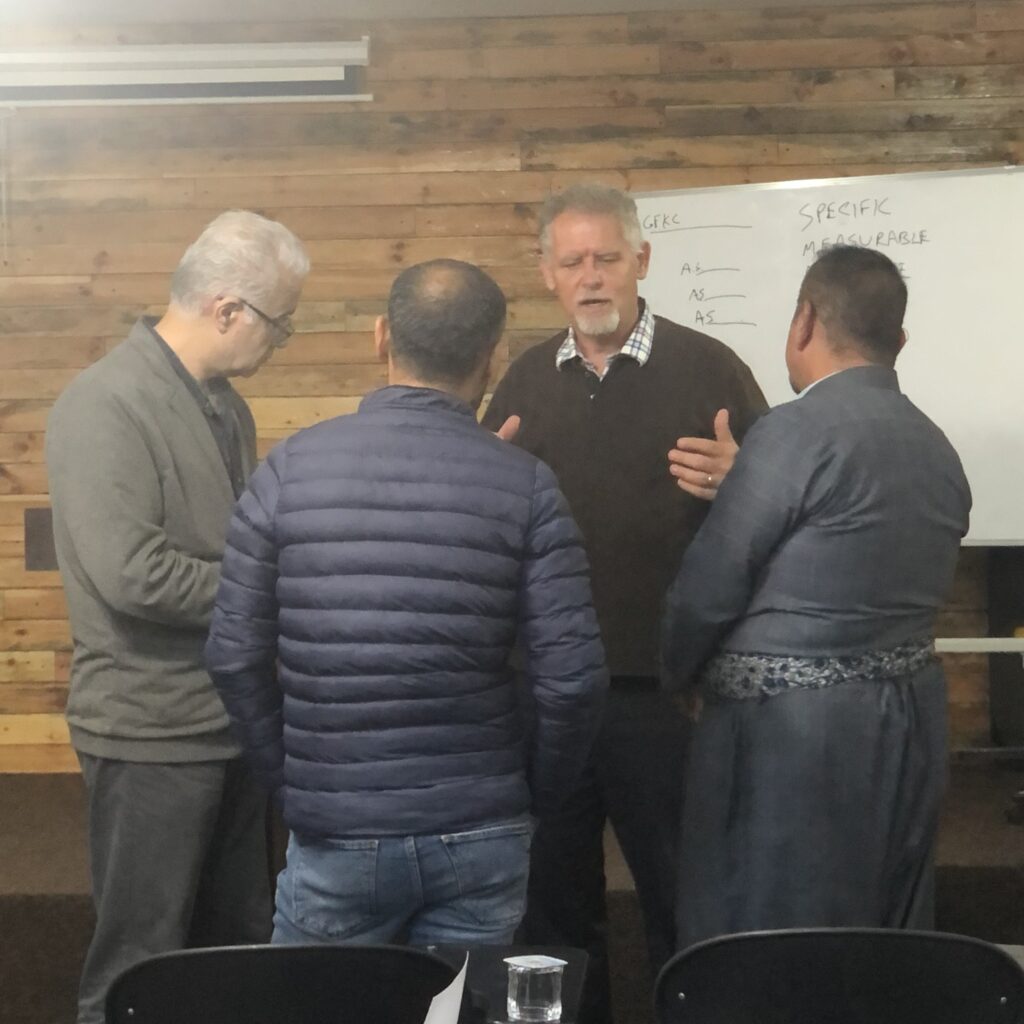
The Community Center
Our missionary hosts also developed and are maintaining a community center in Sulaymaniyah which cares for many basic and not so basic needs of the community. They are even endeavoring to build a rock-climbing wall.
The Refugee Camps
What was particularly awe-inspiring was the ministry to the refugee camps, which are needed because of the civil war in Syria and the Isis campaign throughout the region. It was wonderful to tour facilities used to care for women with no future and no prospects. It was heart rending to hear their stories of horror. But it was wonderful to behold smiles of contentment and joy—a result of the ministry in their midst. These women called their time within the ministry facilities their happy time—the one time in their forlorn existence when they could be at peace, safe from harm, and secure in the love provided by the missionaries.
The Yazidis
Do you remember the Yazidi, that odd religious group singled out by the Islamic State for annihilation? The Peshmerga missionaries with whom we became acquainted, also care for these haunted human beings. In fact, they have Bible studies with some of the leadership of this group. They provide clothes and teaching material among many other things to the Yazidis. They also match up Western Christians with Yazid children. These salvific relationships continue through the years. I so admire these missionaries who work tirelessly in a very hard place to help a traumatized people to know and experience the peace that is only found in Jesus Christ.
The Kurdish Crud
One unwelcome gift we received was a virus I refer to as the Kurdish Crud. Both my brother and I were sick for many days and even upon our return. We learned that during this time of year (the Kurdish winter characterized by high humidity but chilly weather) many of the Kurdish people are sick for several weeks. We shared this unwanted distinction with them.
Final Reflections
- At times in the USA and particularly in the conservative church, social work has been historically looked upon as suspect, as something the more liberal so-called Christians do. Yet in places like Kurdistan, not caring for the whole person reveals a callous, unregenerate heart. In places like Kurdistan and particularly in the refugee centers, it is essential for Christians to authenticate that they are from God by caring for the real needs of people regardless of what those needs might be. What is true in the Kurdish refugee centers is also true wherever one represents Christ. Our Father who sent His Son to spiritually and ultimately physically save the whole person asks His children to likewise love the whole person, Christian or not-yet believer.
- I loved ministering with my younger brother, Bob. Bob became a Christian in high school and I in college. Our growing up years had its own trauma, with our dad dying at a young age, and a home that never seemed to function right after that. Bob and I do not spend much time together, living for many years on the opposite ends of the country. In fact, until we met up in Istanbul on the way to Kurdistan, we had not seen each other for several years. In this instance, I was the understudy, assisting wherever needed—loved it. What a privilege to watch my bro minister to inquisitive Christian leaders on the opposite side of the world.
- The Kurdistan trip profoundly ministered to the very depths of my being. Even now, several weeks after returning from Kurdistan, the many experiences bring tears to my eyes and a deep longing to my soul. Tears because of the seemingly hopeless plight of so many in the refugee camps. Tears of thanksgiving for the Christian community of Sulaymaniyah (around 200 believers in a city of over 700,000), who labor, joining Jesus in the building of His church. Also, tears of frustration as I look into the eyes of the refugee children.
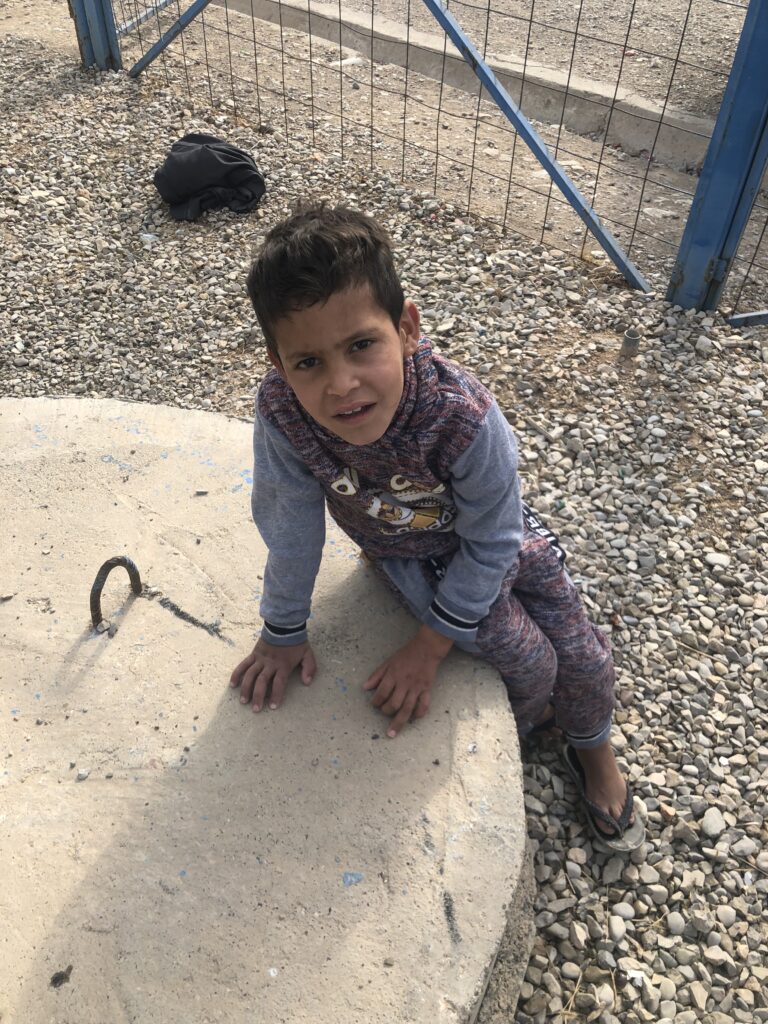
I think of my adult children as they care for my grandchildren. Our family is well cared for, physically and spiritually–indeed, blessed by God. My grandchildren have some of the best parents on earth (my objective opinion). But what of the refugee children? Who will care for them? What are their prospects? Looking into their inquisitive, questioning, pain-filled eyes, I weep. My trip also rekindled a deep longing in my soul. The world is lost and getting worse. Kurdistan is only one place amidst hundreds of places where human suffering and spiritual lostness predominates. The deep longing of my soul is to be faithful to the call of my Savior to do something about this mess. Let us not grow weary in well-doing.
It was a meaningful, edifying vacation,
Bill E
